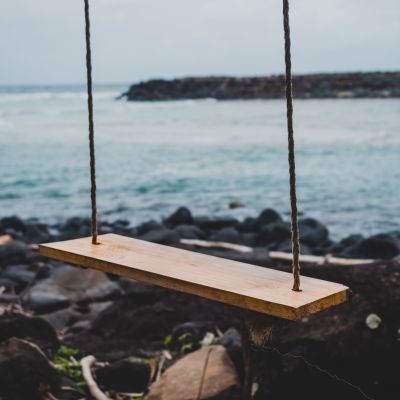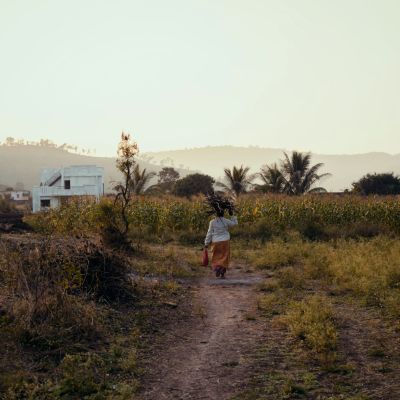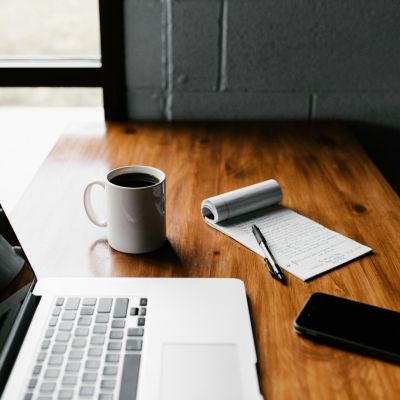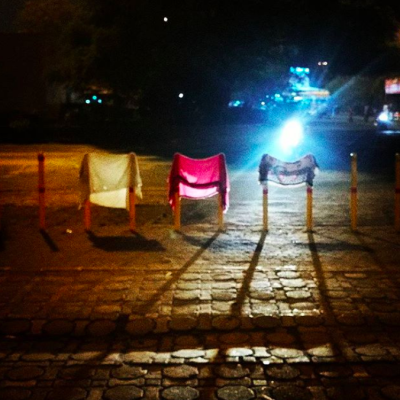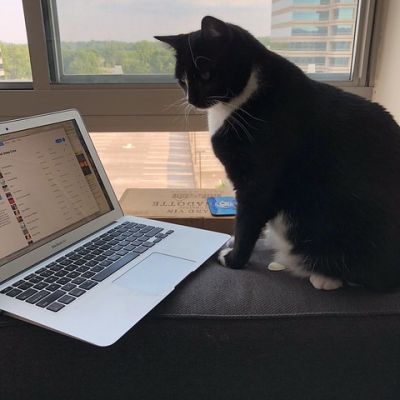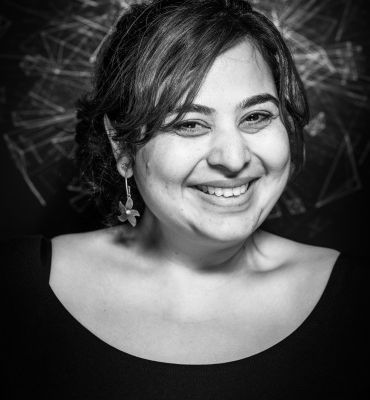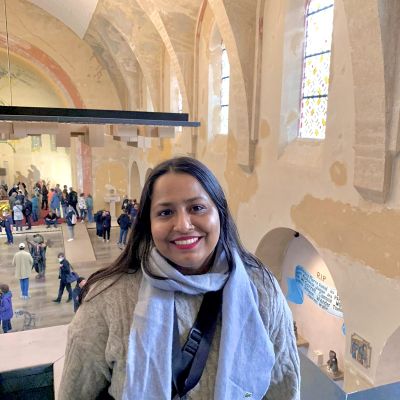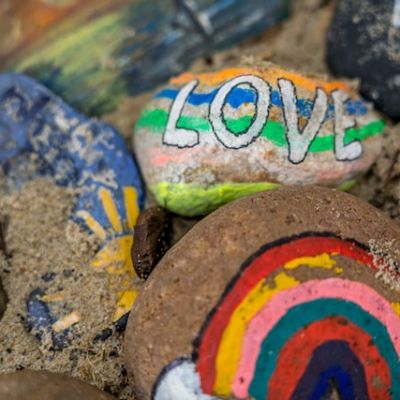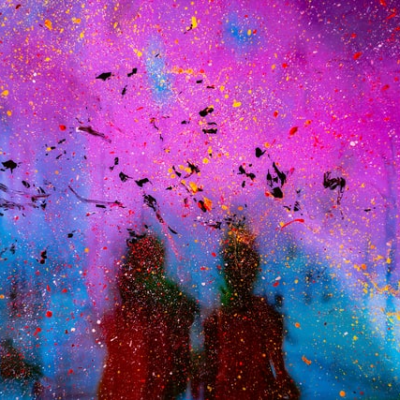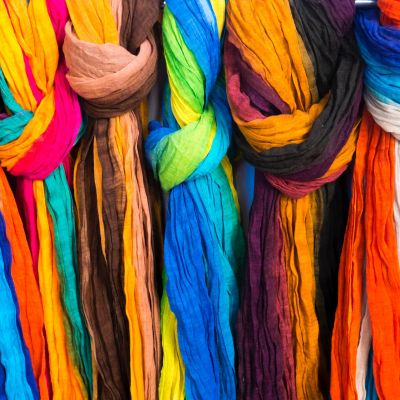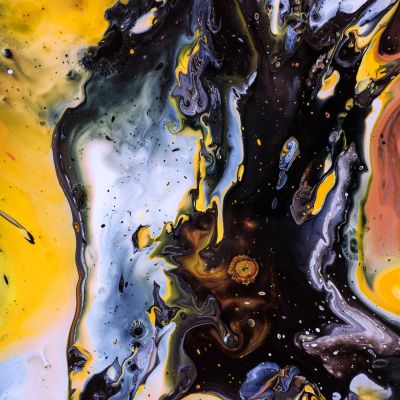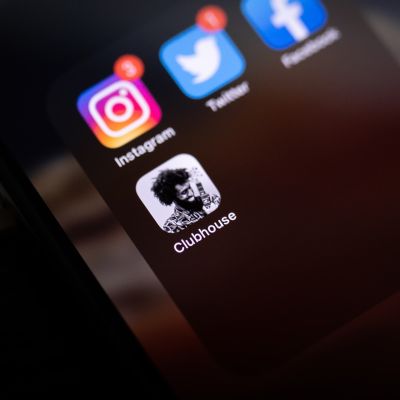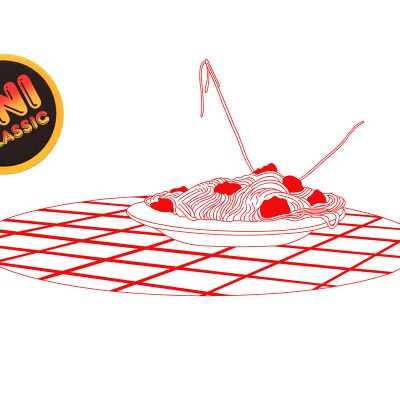Safety
This awareness of the status ascribed to women – the status of being the objects of men’s desires – affects every aspect of a woman’s life. Desire then, in particular, becomes an aspect of a woman’s life where navigation becomes tricky.
Frontline workers, often recruited from the communities organisations work with, face heightened risks to their health, safety, and wellbeing as their work extends beyond the walls of an office.
Moving from the broader implications of the digital workspace it is essential to discuss specifically how these platforms influence the exploration of sexual identity.
I gave myself the freedom to choose. And I chose to re-examine my assumptions. Maybe it was possible to ask strange men for directions without being afraid of seeming vulnerable. Maybe I could plan my outfit without bothering about the fact that I would be travelling on public transport.
To claim the public then in arbitrary, messy and oppositional ways, whether on the streets or online is to challenge the neoliberal impulse which is located in the creation of order. To create place, to stake claim, thwarts the desires for the sanitised neoliberal city and is a politics.
What we lack are digital spaces and infrastructures that are informed by the needs of their end users, that prioritise safety, comfort, joy and care.
Our bodies are the vessels through which we feel, emote, work or navigate our societies and the world at large. Our bodies are the real, live archive of everything we have experienced and they have borne the consequences of our social conditioning and decisions.
This awareness of the status ascribed to women – the status of being the objects of men’s desires – affects every aspect of a woman’s life. Desire then, in particular, becomes an aspect of a woman’s life where navigation becomes tricky.
Many disabled people in India live with their parents and any expression of sexuality is suppressed as a rule within the confines of their homes. Sexual desires of persons with disabilities are seldom a priority issue for families or civil society. More is said through silence than words. Be grateful that you are alive. Isn’t that enough?
To chase down our own vulnerabilities around sexuality is a short run around the corner, five minutes ago, last night sleeping alone, with a lover, a partner who lost interest, the Insta post that leaves you feeling you’re not good enough for the hug, the kiss, the cuddle and are you perhaps the A of LGBTQIA+?
In theory, the concept of the app is a great one – it provides women, queer people, and people belonging to oppressed castes the tea-stall, cigarette-shop type of public spaces for conversation that are available to upper-caste cis het men. The relative anonymity acts like a safe cover, and the app affords a certain autonomy and agency to marginalised people to regulate the kind of conversation that goes on in rooms moderated by them.
This article explores how women are constructed as a ‘space’ manufactured by men to seek comfort, but void of having any active agency or participation in that space itself. I seek to bring this out in this article by drawing a parallel between the nineteenth century ‘Bharat Mata’ (Mother India) and the depiction of the twenty-first century ‘heroine’ in Bollywood movies.
Both rejections and affirmations of the couple are skewered on this doubleness: It is the fullest expression of love and proximity available to us, and it bears all the insufficiencies of present social relations. Monogamous romantic commitment, like infallible lifelong attraction to only men or only women, is surely a minority tendency expediently elevated to a general social principle.

